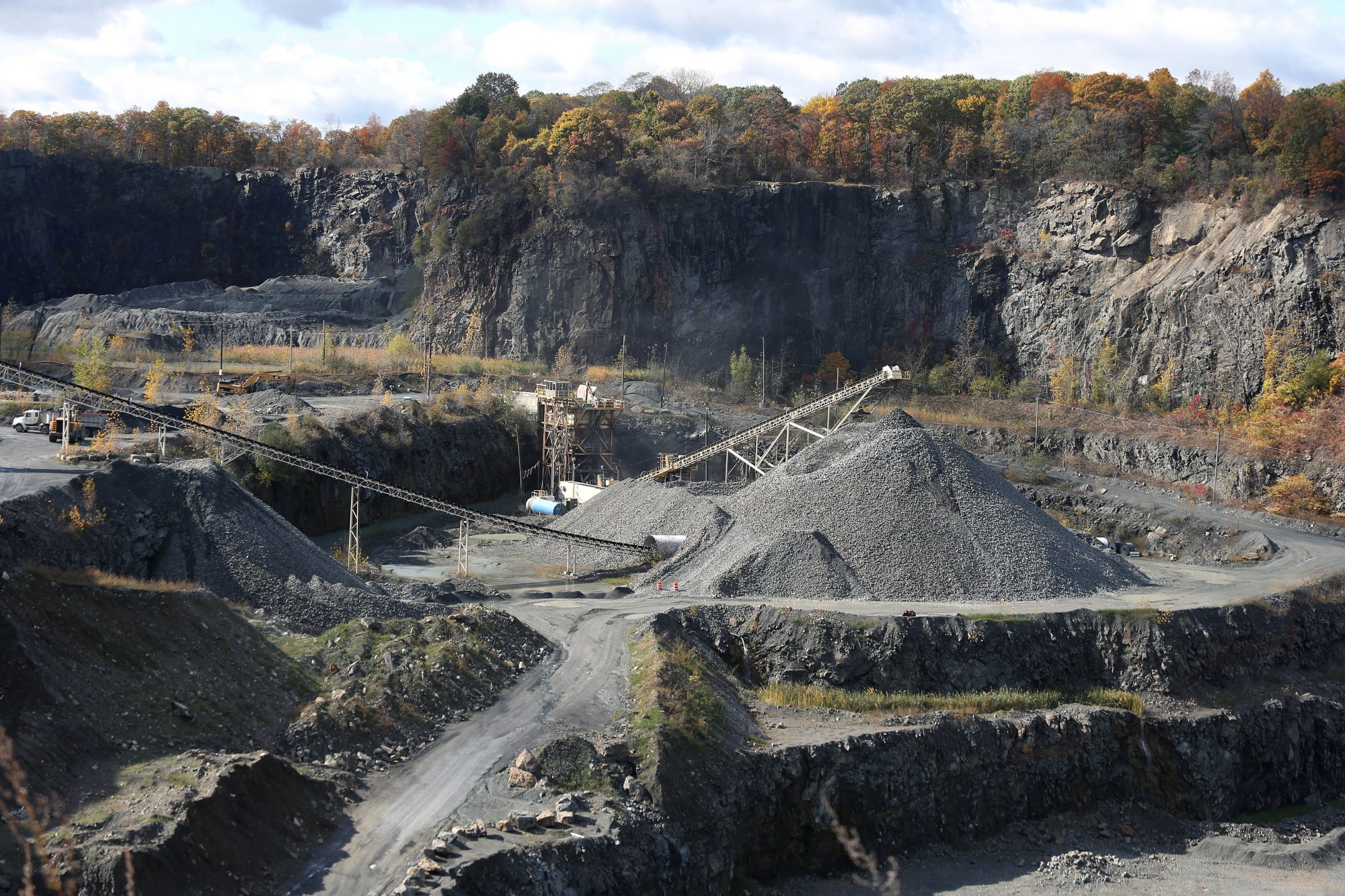SWAMPSCOTT — U.S. District Court Judge Nathaniel Gorton denied part of the town’s motion to dismiss Holcim – NER Inc.’s unconstitutional-taking-of-property complaint against the town and its Select Board.
Holcim Inc, formerly known as Aggregate Industries, has conducted excavating operations at the quarry bordering Swampscott and Salem for more than a century.
In November 2021, the company filed a complaint in U.S. District Court in Boston, claiming the town regulated and restricted Holcim’s business operations to take the site — physically and through regulation — after the town restricted its earth-removal permit.
The court dismissed the company’s claim that Swampscott physically took Holcim’s property unconstitutionally, but admitted Holcim’s claim that the town’s restrictive permitting process constituted a regulatory taking.
“Although it is not dispositive that the government action here was carried out through a permitting process, it is dispositive that the town has not ‘physically taken property for itself or someone else,’ ” the court stated in the memorandum.
Holcim claimed the town’s restrictions hindered the company’s ability to meet customers’ demands, costing the company a $34 million loss of revenue.
The complaint claimed that an earth-removal permit issued to Holcim on June 16, 2021 was driven by “Chair Peter Spellios’ bias against, and personal animus towards Aggregate,” and that those actions resulted in “an arbitrary and ultra vires decision to cut short Aggregate’s negotiations with the board’s own Earth Removal Advisory Committee (ERAC).”
The court dismissed allegations that the board imposed biased permitting restrictions written in the plaintiff’s claim of substantive due process.
“Allegations that the board imposed permitting restrictions that were biased, unfounded and in contravention of advisory recommendations from the ERAC do not rise to the level of outrageous or stunning conduct,” the court stated.
In an interview Wednesday, Adam Simms, the attorney representing Swampscott, said the town was still in the early stages of litigation and had not yet responded to the company’s complaint or gone to summary judgment.
Simms said the Town of Swampscott was “generally pleased” with Gorton’s motion to dismiss the plaintiff’s claim of a physical property taking.
“The town looks forward to defending essentially the one claim,” Simms said.
Although the claim that Swampscott imposed regulatory restrictions on Holcim’s land to “prevent all economically beneficial or productive use” survived the town’s motion to dismiss, Simms said the town does not believe any of its permit restrictions or policies constituted a regulatory taking.
“The town of Swampscott does not believe anything it did constitutes a regulatory taking,” Simms said. “I really don’t think there’s a validity to the claim that was targeted or treated unfairly. On the contrary, the town officials, in my view, did and continue to do what they believe is necessary and appropriate to protect the residents.”
Holcim’s lead attorney in the case, Aaron Rosenberg, said the company was unable to comment on pending litigation.
“It’s my hope that we can find a path to resolution,” said Town Administrator Sean Fitzgerald.

